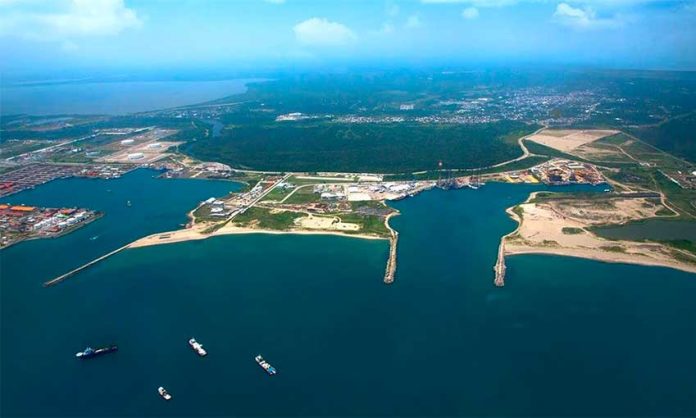A Mexican think tank has proposed the cancelation of the federal government’s 160-billion-peso (US $8.5-billion) refinery project in Tabasco after determining that it only has a 2% chance of success.
The Mexican Institute for Competitiveness (Imco) carried out a financial analysis of the project planned for the Gulf of Mexico coast at Dos Bocas. The results were not positive.
The think tank said the purpose of the analysis was to determine whether the refinery project was compatible with the federal government’s austerity policy and if it would generate economic benefits for the state oil company.
Using the Monte Carlo simulation method, 30,000 different scenarios – each with varying refining margins, investment totals, construction times and operational costs – were considered.
“The analysis concluded that in 98% of the scenarios, the Dos Bocas refinery investment project generates more costs than benefits. In other words, it destroys value for Pemex,” Imco said.
Going ahead with the decision to build the refinery, it added, “could generate a serious crisis for the public finances of the whole country.”
Imco said that “Pemex needs a credible and reasonable business plan” and to achieve it, the company needs to focus on investments that generate value.
“In accordance with the available information that was incorporated in this exercise, construction of a refinery at Dos Bocas has a high probability of being an obstacle to reaching that objective,” the statement said.
The think tank also published an infographic outlining “five reasons why building a new refinery in Mexico is a bad idea.”
- There is a global decrease in demand for fossil fuels and an increase in demand for clean energy sources.
- In 2017, Mexico’s refineries operated at less than half their full capacity so the current refineries can increase their production.
- Oil refining is the least profitable stage of the petroleum value chain.
- Investment costs and construction times for a project of this nature are very high and volatile.
- Production of crude in Mexico has fallen during the past 18 years. If the decline continues, petroleum will have to be imported to supply the new refinery.
President López Obrador has pledged that construction of the refinery in his home state will help reduce Mexico’s reliance on petroleum imports.
But Imco said the project should be canceled, and advised the government to explore “other options” to improve domestic supply of gasoline and diesel, such as directing investment to logistics and fuel storage.
Resources earmarked for the Dos Bocas refinery should be reassigned to “activities that increase the financial viability of Pemex, such as exploration and production,” the think tank concluded.
The government has announced construction will begin this year, although an environmental impact study has not yet been done.
Source: Notimex (sp)
